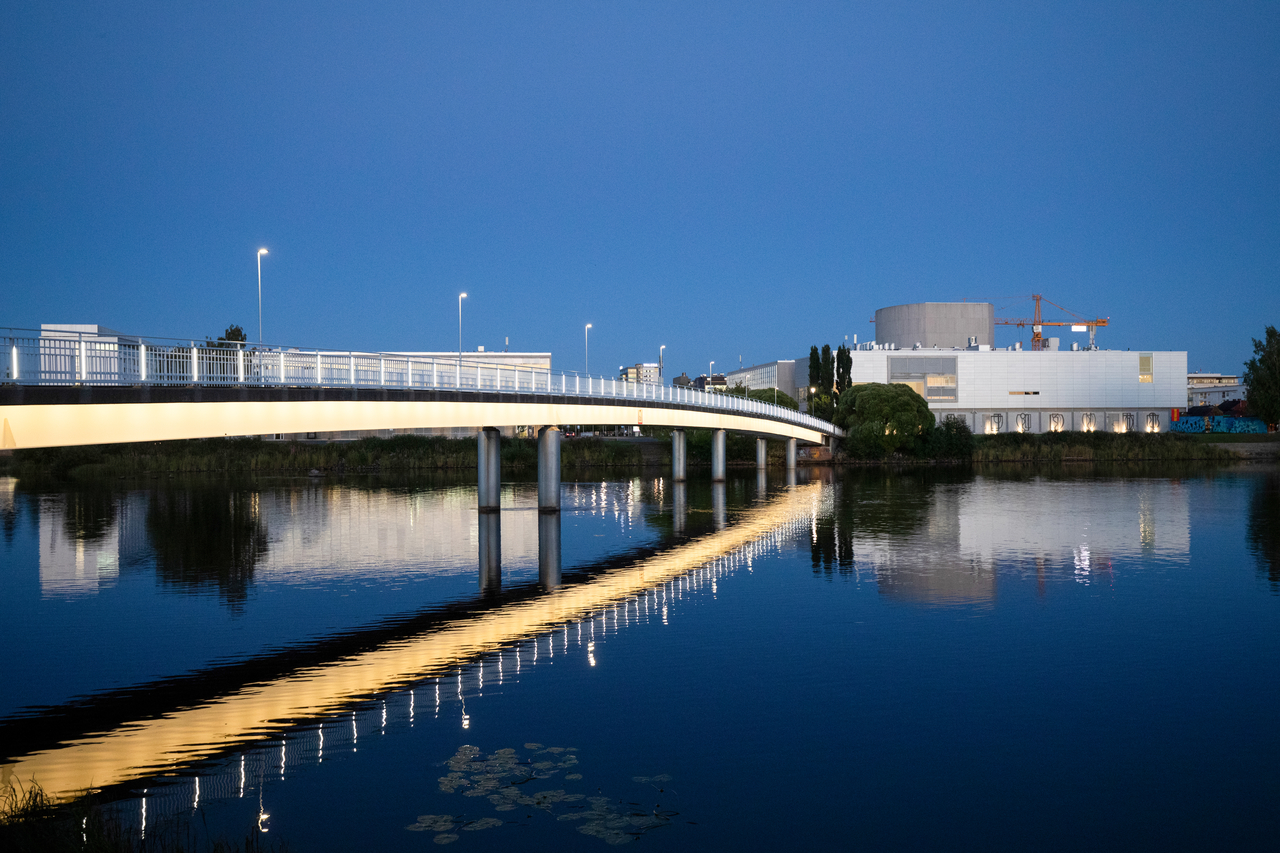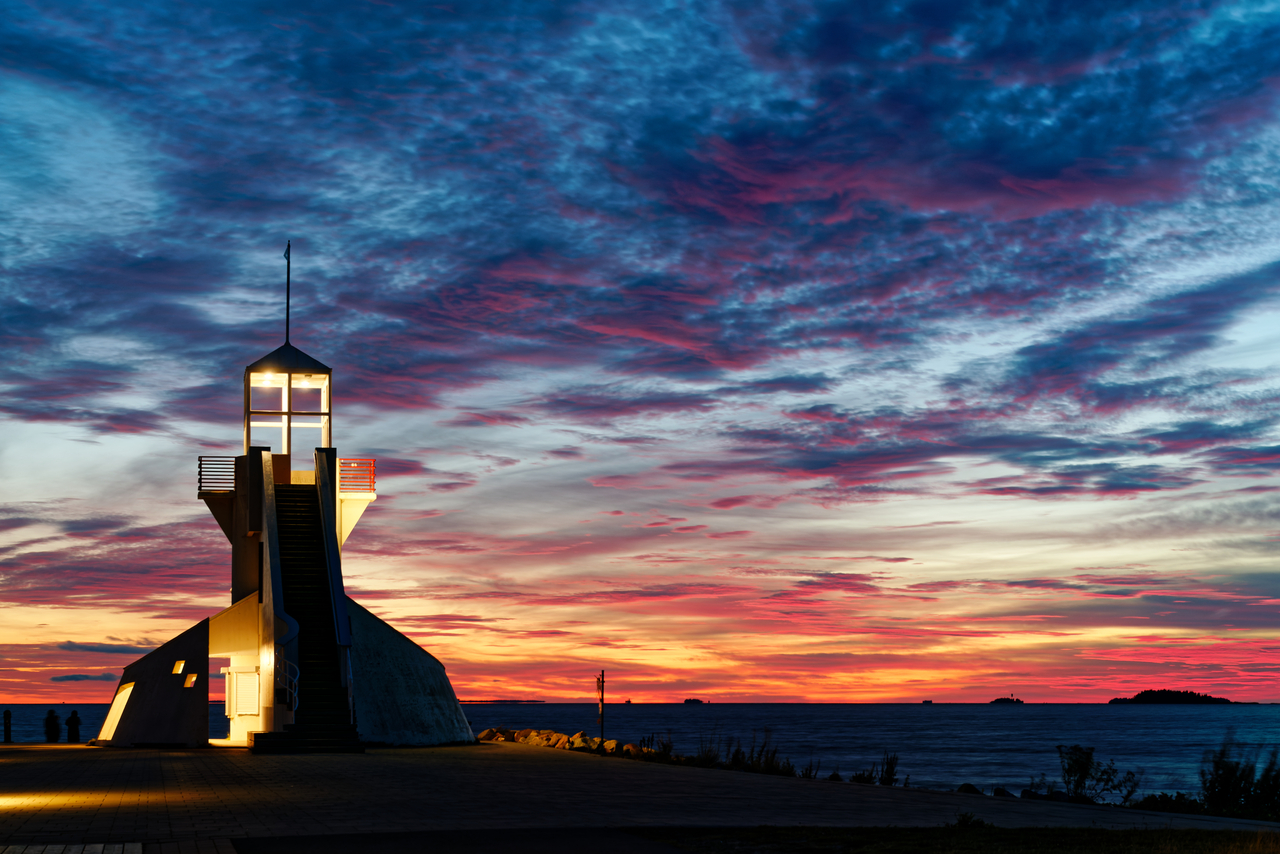



With this overarching conference theme, WCEH2024 aims to emphasize both the arc of time and the importance of bringing diverse approaches to bear on contemporary problems. The conference will illuminate the value of historical understandings that go far beyond the discipline of history. Environmental history is to be seen as an evolving practice, one that is created in conversation across multiple fields, concerns, and communities.
The theme speaks to instances of transitions (between eras and regimes of human impact, between unsustainable and sustainable practices); of transformations (of ecologies and landscapes, of practices and expectations); and of transdisciplinarity (across methods, theories, traditions, and audiences).
We invite delegates to address different aspects of time, change and transition in studies of the environment, while also considering new avenues for reflecting upon ongoing environmental changes and their future consequences. We also seek to put the spotlight on the complexity and contested nature of tranformations, and to reveal how rich historical perspectives can help elucidate how environmental, social or cultural transformations work (or how they don’t), and how they can be made to better serve the planet and all of us on it. Finally, we seek to broaden the appeal of historically attuned work on the environment (and of work on the environmental past) to other scholars, including anthropologists, archaeologists, biologists, cultural studies scholars, geographers, and philosophers, to name a few. We are interested in stimulating transdisciplinary scholarship and impact that runs not merely across and between disciplines, but beyond and outside academic contexts as well. Firmly grounded in historical understandings of humans, non-humans, and the environment, such an approach encourages thought across various spheres of society towards understanding and addressing planetary ecological challenges.
Meanwhile, in its call for histories beyond history, the conference will illuminate the value of historical understandings that go far beyond the discipline of history in treating environmental scholarship as an evolving practice. This practice is developed in conversation across multiple fields, concerns, and communities – and is one that can help strategize the core challenges of transitions that lie ahead. By historicizing transitions and transformations in a transdisciplinary manner, WCEH2024 will reveal multiple threads interwoven in the social fabric, enabling thinking not just about sustainable futures, but thinking through how humanity can collaboratively work towards securing them, together.
Inspired by the natural diversity at Oulu – an estuarine city of forests and farms on a northern coastline, whose etymology has been linked to the Sami term for melted snow or floodwater – we encourage participants to consider questions of difference and co-existence, and our place in scholarly as well as social landscapes. WCEH4 will showcase the historical and human dimensions of environmental change, working closely with the Biodiverse Anthropocenes Research Programme, co-funded by the Academy of Finland and the University of Oulu.
WCEH4 will be an exciting, inclusive, and encouraging event. In the wake of the COVID-19 pandemic, we envisage a conference centred on its Nordic venue and promoting a variety of in-person exchanges that will reinvigorate the human dynamic, while at the same time, acknowledging the global mandate of the International Consortium of Environmental History Organizations, innovative programming will cultivate involvement from colleagues around the world.